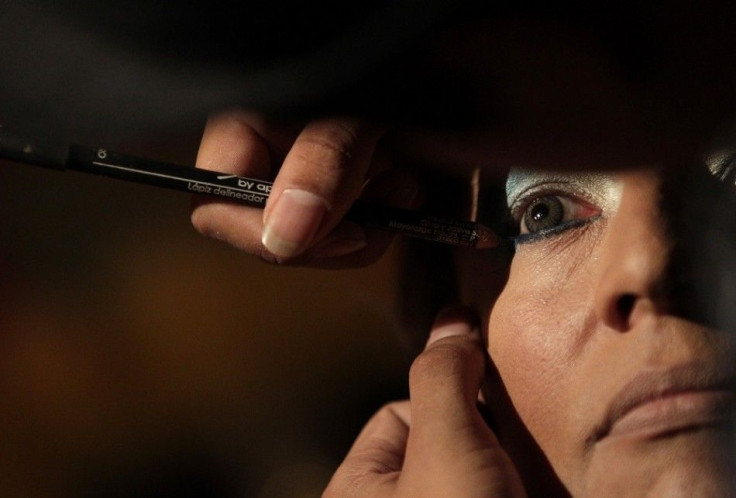Russia Bans Transgenders From Driving On Roads

Russia has included fetishism, exhibitionism and voyeurism as "mental disorders," and those exhibiting it have been barred from driving. Compulsive stealing as well as "pathological" gambling have also been included in the list. In addition to that, other people who would not qualify for driving licences are transsexual and transgender people.
The announcements were made by the government after complaints were registered internationally regarding Russian harassment of activists of gay rights. It was said that the bill was dated Dec 29 but was not publicly released on the Russian government Web site until recently. Earlier, Russia had made illegal the promotion of non-traditional lifestyles.
According to BBC News, the Russian government had provided that the reason the list was updated was because it was tightening medical controls for those driving. It said that Russia had too many road accidents.
The Professional Drivers Union, a drivers union in Russia, has offered its support to the government. The head of the union, Alexander Kotov, said that there were too many deaths on the road. He was of the belief that toughening the medical requirements for those applying for licenses was completely justified. But he also said that for non-professional drivers, the medical requirements need not be so strict.
Human rights lawyers as well as psychiatrists have criticised this move by the government. Valery Evtushenko, a Russian psychiatric expert from the Russian Psychiatric Association, said that a few people, fearing a ban on driving, would avoid approaching psychiatrists for help.
Another psychiatric expert, Mikhail Strakhov, explained that the definition of the term "personality disorders" by the Russians was too vague. He said that there were a few disorders which, in no way, would affect the ability of a person to drive a car carefully.
The Association of Russian Lawyers for Human Rights, a well-known community in Russia of jurists, lawyers and human rights activists, have said that the new law was "discriminatory." The association said that it would demand for clarifications from the Russian Constitutional Court, a high court within the judiciary of Russia, in addition to seeking assistance from international human rights organisations.
Contact the writer: afza.kandrikar@gmail.com






